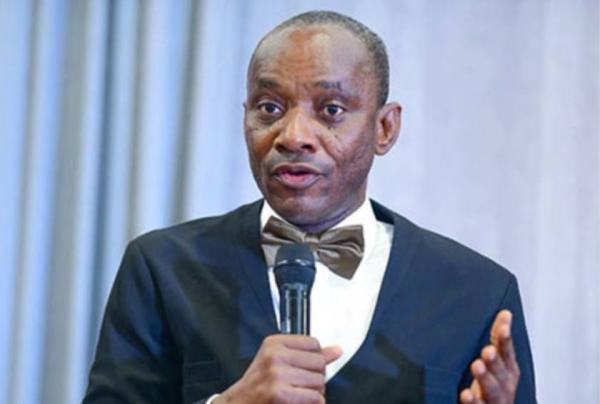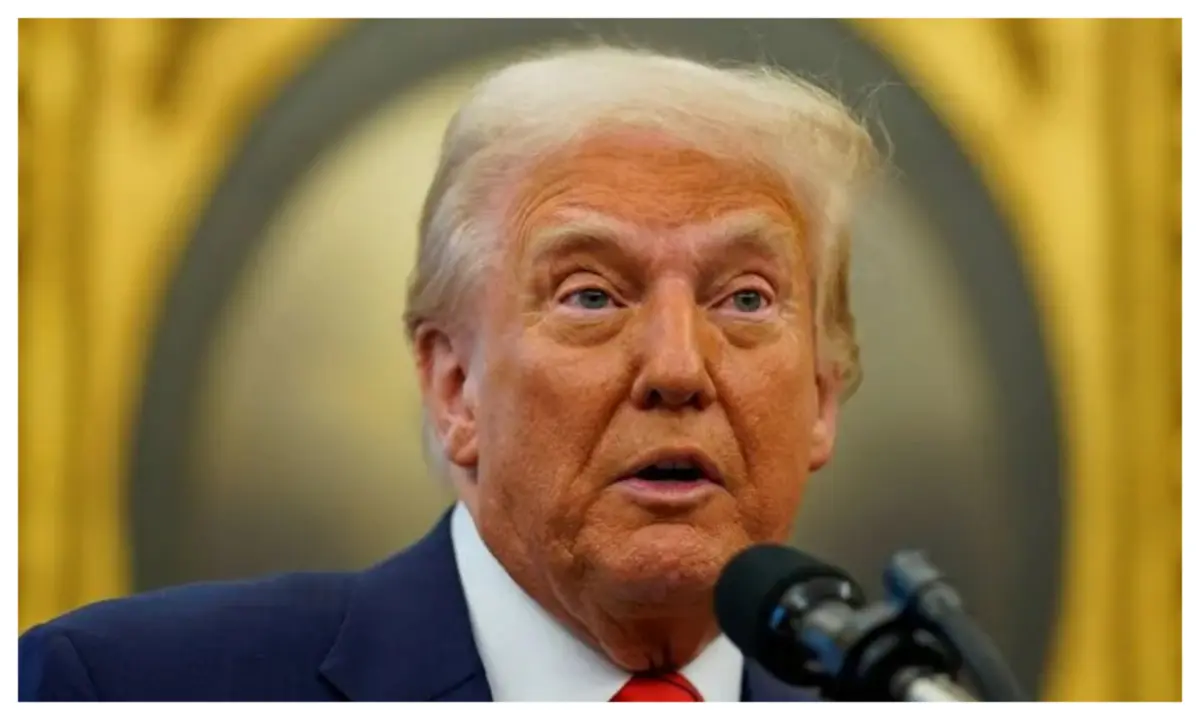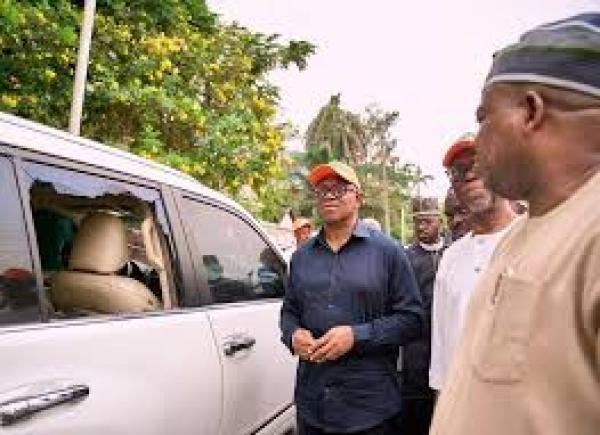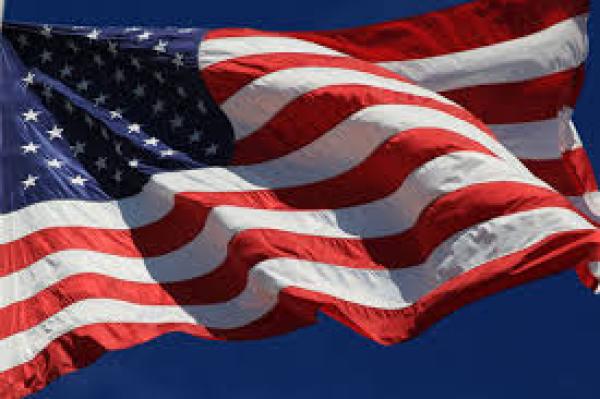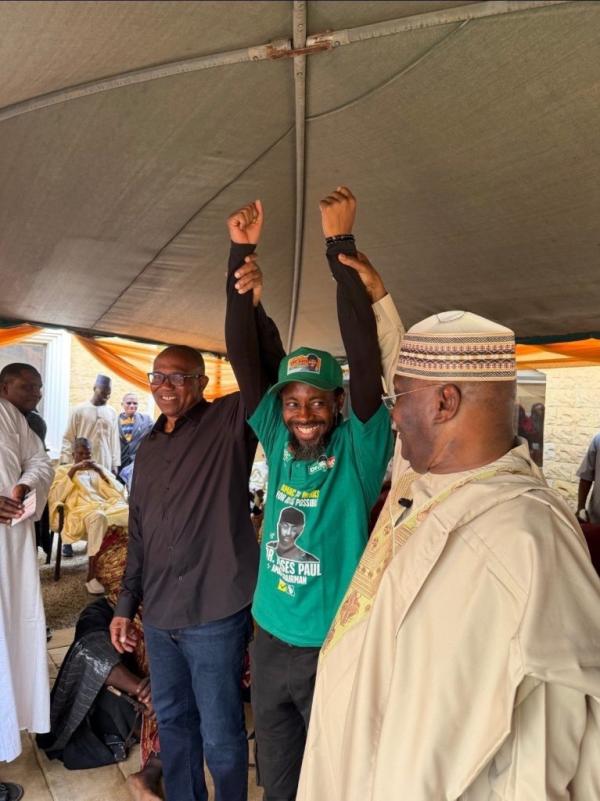
The Nigerian military have a history of meddling with politics and perhaps for the first time on record, their High Command is taking drastic steps to purge the forces of political leaning, BAYO AKINLOYE reports
The recent compulsory retirement of some top military officers lends credence to claims by the All Progressives Congress, two years ago, that the Peoples Democratic Party used the military in order to win elections in Ekiti and Osun states.
Nobody seemed to have listened to the APC, a former major opposition party known for its propaganda machine, until Capt. Sagir Koli released an infamous audio tape, tagged “Ekiti rigging tape,” which revealed partisan roles of the military in elections.
A security expert and member of the American Society of Industrial Security, Prof. Femi Adegbulu, speaking on the role of the military in the conduct of elections told a source of CEOAfrica that soldiers had no business in elections.
“Ideally speaking, elections monitoring is within the jurisdiction of the police. It is their responsibility to ensure that elections are conducted in a peaceful and congenial atmosphere. It should not in any way involve the military. Some of us even argued before the election that the sight of the military at polling booths would be scary to the people and that would lead to disenfranchisement.
“But alas, not only was our fears founded, the soldiers did not only intimidate opponents of the government in power and their paymasters, they also aided in rigging, as we can all see now,” Adegbulu stated.
On June 14, 2014, during the Ekiti State governorship election majorly between the then incumbent governor, Kayode Fayemi and the current governor of the state, Ayodele Fayose, a large detachment of soldiers were deployed in the state, in addition to security operatives from the Nigeria Police Force. The PDP-led Federal Government at the time said military presence was to ensure the election was peaceful, free and fair.
Based on reports, eyewitnesses’ accounts and allegations by the then major opposition party, the APC, the military only succeeded in assaulting and intimidating opposition members, even preventing some from exercising their rights. In addition, the military were accused to have worked in cohorts with the PDP to ensure that the party wrest power from the state’s ruling party.
By June 15, on the platform of PDP, Fayose was declared winner of a landslide victory –winning in every existing local government area of the state.
The military were also brought in for the Osun election. Heavy military presence was observed in various parts of the state before and on the day –August 9, 2014 – of the election, along with masked armed men following PDP’s candidate, Iyiola Omisore. Despite the APC and its governorship candidate, Rauf Aregbesola’s crying foul over military deployment in the state some days before the election, the Goodluck Jonathan administration insisted the large detachment of security men was to ensure the election was free and fair.
Unlike what transpired two months earlier, it was the APC candidate, Aregbesola, who was declared winner of the election.
Not a few people condemned what they described as a militarisation of electoral process, leading the country’s National Assembly to seek an amendment to Nigeria’s 2010 Electoral Act.
On August 19, the House of Representatives and the Independent National Electoral Commission amended the Act with a view to limit the role of the Nigerian military in elections, and the INEC gave its nod to that, leading to the amendment of Section 29(1) of the Electoral Act.
A lecturer at the Political Department of the University of Ibadan, Dr. Idowu Johnson, did not think the questionable role of the military is enough reason to exclude them from maintaining peace and order during elections.













